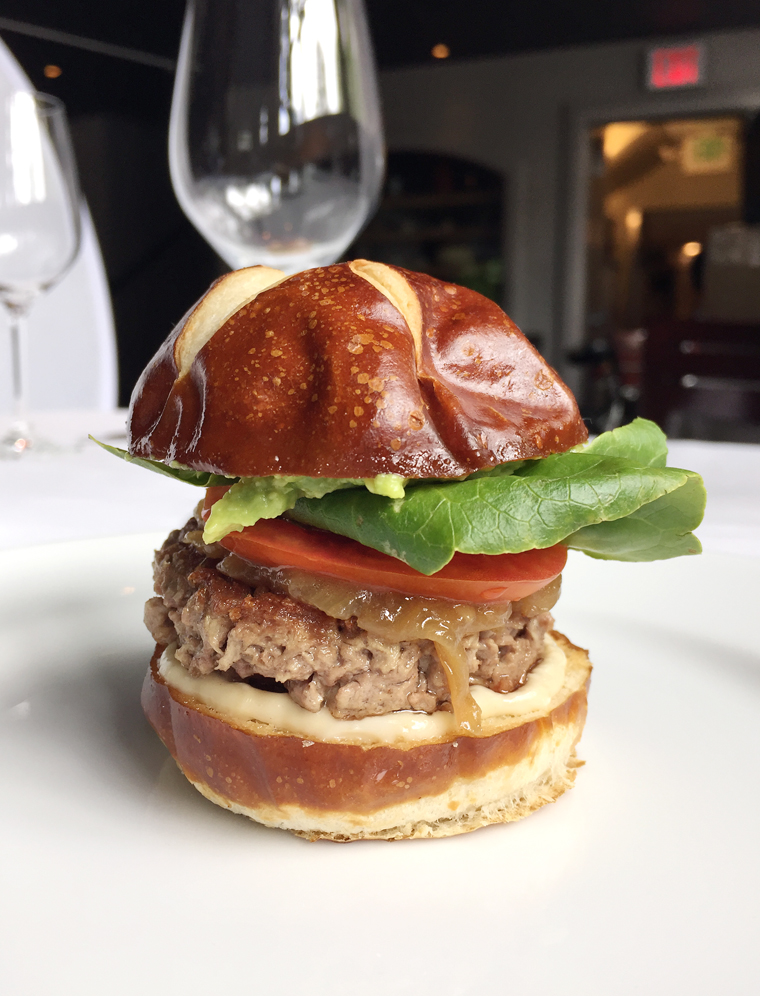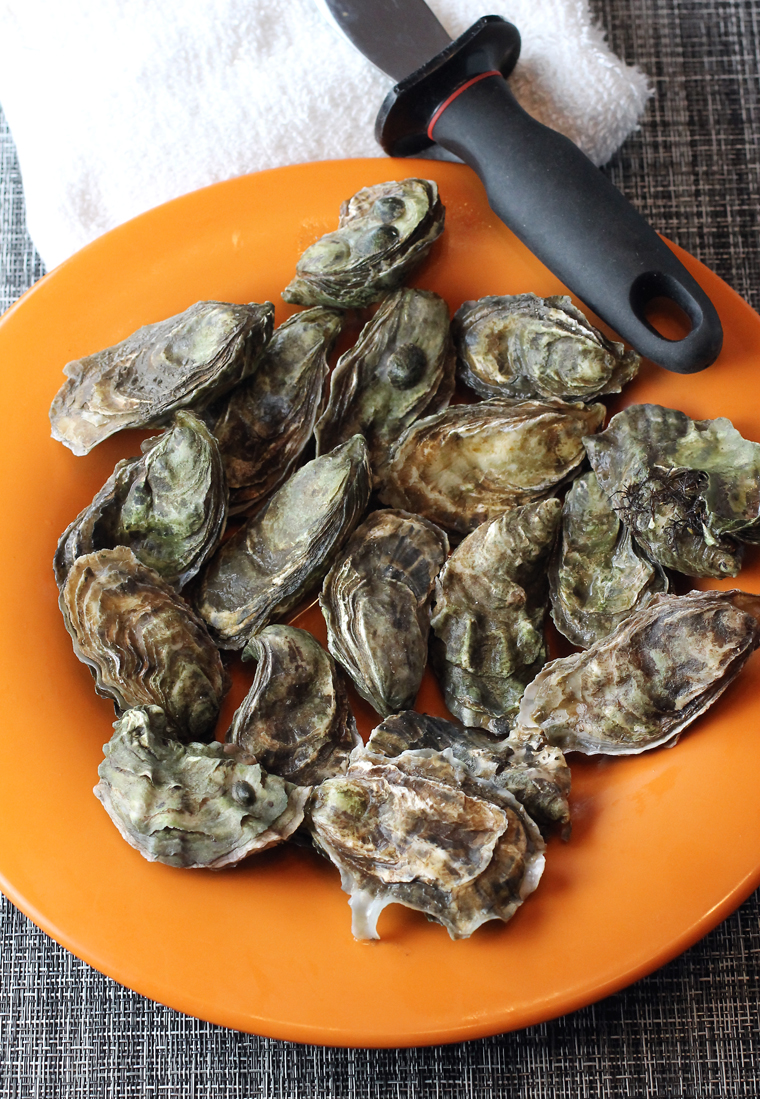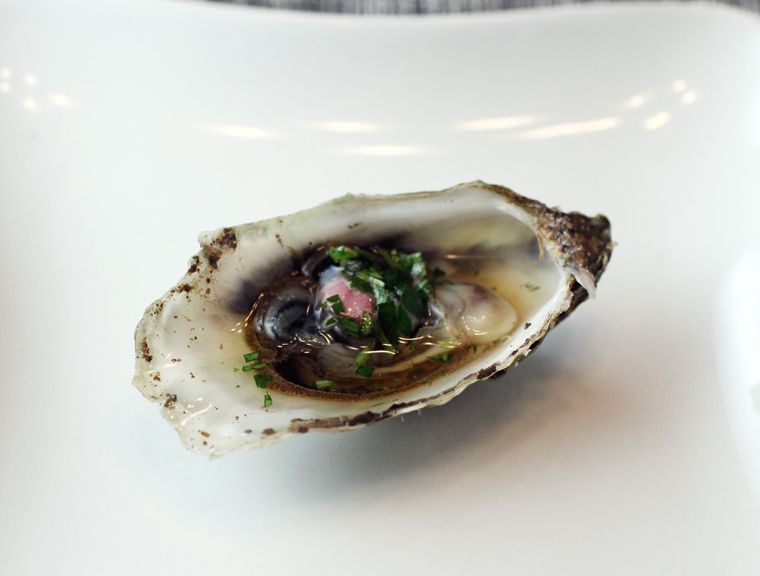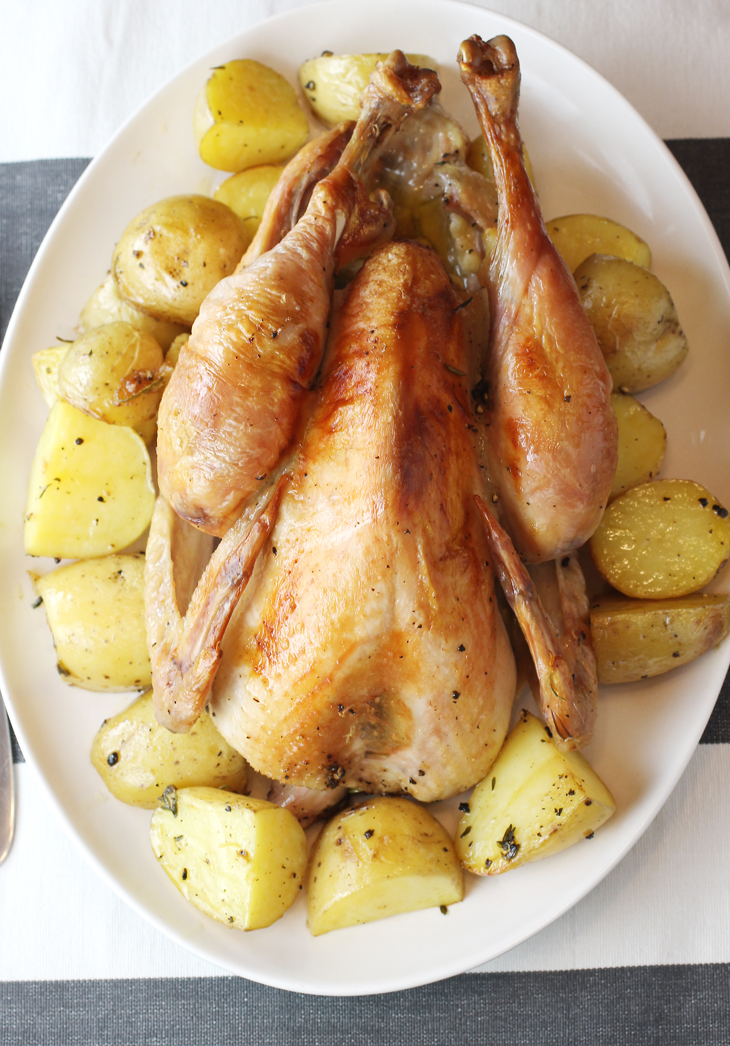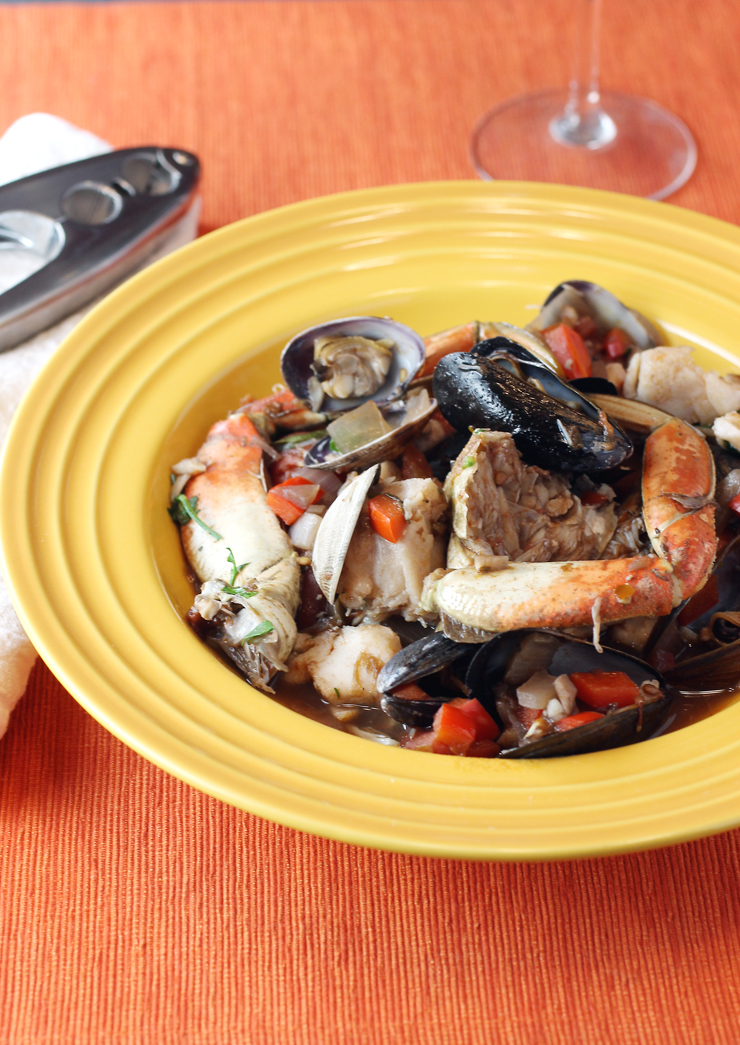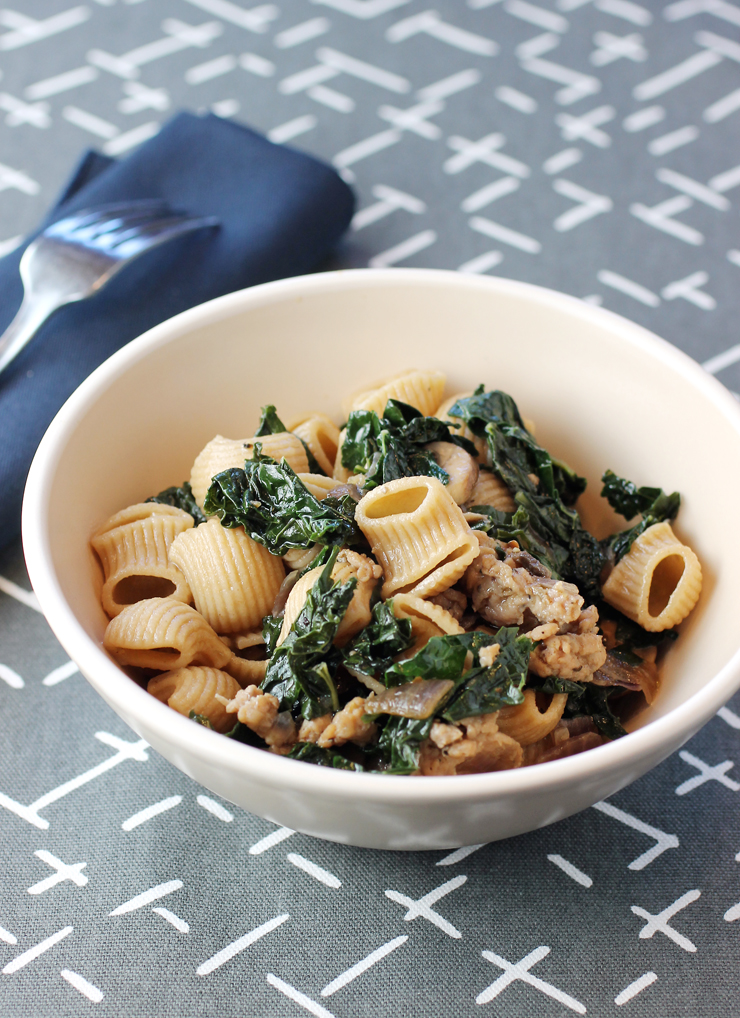Take A Taste of the Impossible and Beyond Meat Burgers
What is a burger without meat?
Diehard carnivores might answer, “A travesty.”
But even they might change their minds after a bite of the Impossible Burger and the Beyond Meat Burger. Both are entirely plant-based patties that closely mimic beef burgers. And both are now available in the Bay Area for vegetarians and the curious to enjoy.
Impossible Burger is the creation of Redwood City’s Impossible Foods. It is fashioned from wheat, coconut oil, potatoes, and heme, a compound in plants and meat, which gives meat its characteristic aroma and taste.
Compared to raising cows for burgers, the Impossible Burger uses 95 percent less land, 74 percent less water, and creates 87 percent less greenhouse gas emissions. It’s also free of hormones, antibiotics and artificial ingredients. And you don’t have to worry about slaughterhouse cross-contamination.
El Segundo’s Beyond Meat Burger is similarly environmentally-friendly, and is fashioned from pea protein, yeast extract, coconut oil, beet extract and annatto extract.

